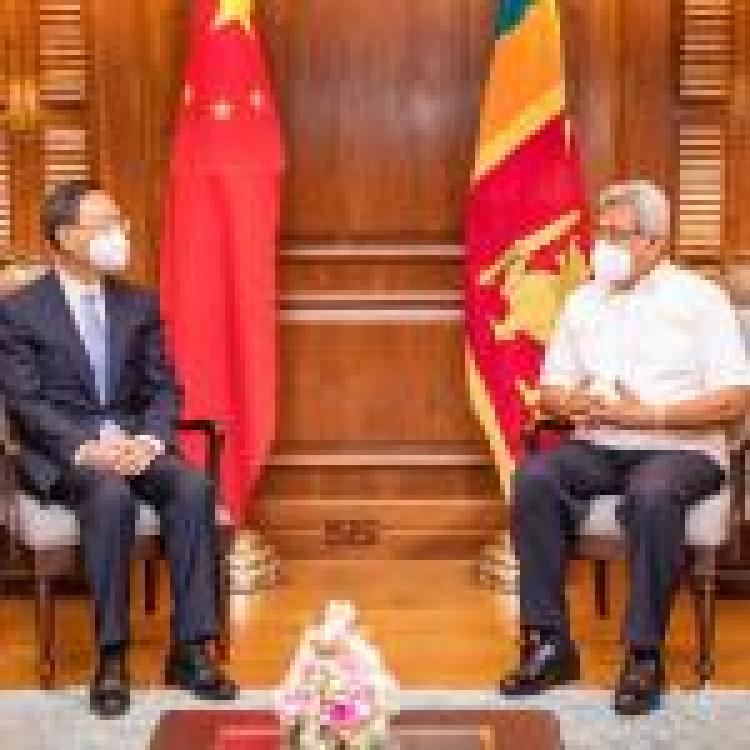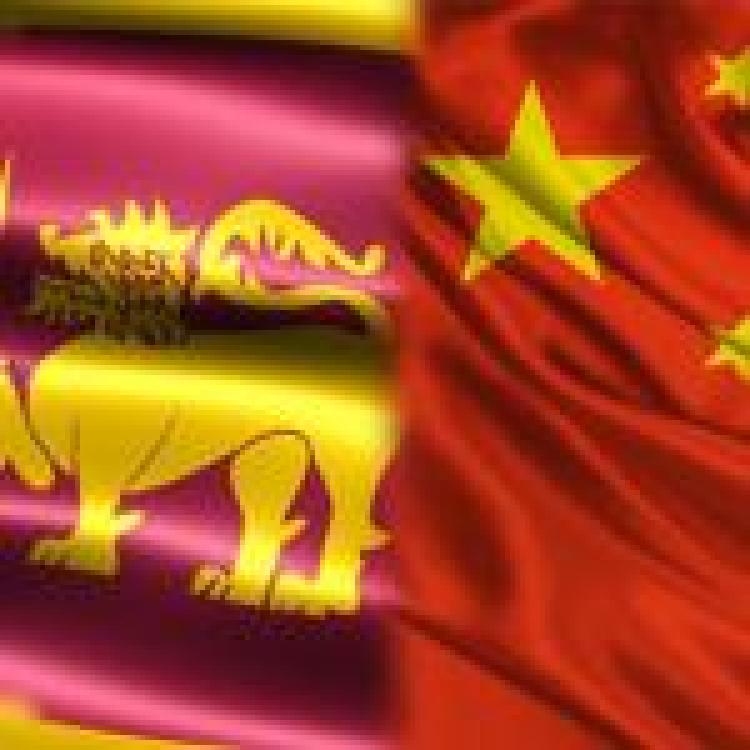![]()
China and Russia's appointment as members of the United Nations Human Rights Council (UNHRC) has caused outrage amongst human rights campaigners. It "is like making a gang of arsonists into the fire brigade”, commented UN Watch, a Geneva-based monitoring group.
Fifteen countries were elected to the 47-member state council. Each country had to gain 97 affirmative votes by secret ballot by the majority of the UN General Assembly to secure a three-year term seat at the UNHRC starting on 1st January. The elected members are Bolivia, China, Côte d’Ivoire, Cuba, France, Gabon, Malawi, Mexico, Nepal, Pakistan, Russia, Senegal, Ukraine, United Kingdom and Uzbekistan. Saudi Arabia competed against China and failed in its attempt to become a member by scoring only 90 votes.
As per Resolution 60/251, which established the council, nations elected to the council must uphold the ‘highest standards’ in the promotion and protection of human rights. Yet, several rights activists have questioned the human rights record of the elected states, as well as the UNHRC election process.
According to Rosa María Payá, a Cuban human rights activist, claimed that Cuba is using the seat “to protect their immunity, making sure the multiple accusations against them and criminal friends in Venezuela, China, Russia and Belarus do not prosper”.
Attention was also drawn to the recent poisoning of the Russian opposition leader, Alexei Navalny, by the Russian state.
Yang Jianli, the president of Citizen Power Initiatives for China highlighted China’s involvement in the “annihilation of political freedom in Hong Kong”.
“If this were an election for a UN human rights abusers council, it would be more than proper to vote for China, since it leads the world in violating human rights,” Yang added.
Read more from the Times here, the Guardian here, and Al Jazeera here.




